Science Based Targets Webinar: Key Takeaways for Your Emissions Reduction or Decarbonization Strategy
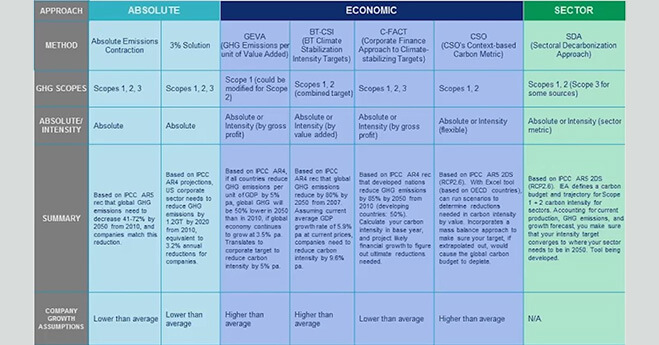
ADEC Innovations (ADEC) hosted a webinar on Science Based Targets (SBT), a joint project of CDP, the UN Global Compact (UNGC), the World Resources Institute (WRI) and the World Wildlife Fund (WWF) for corporate decarbonization strategies.
What are Science Based Targets?

One of the key goals of the Paris Agreement is to limit global warming to less than 2°C compared to pre-industrial temperatures.
What Does 10,000 tons per year of GHG Emissions Look Like?

On May 18, 2016 the Ontario government gave royal assent to legislate the Climate Change Mitigation and Low-carbon Economy Act, which implements the Cap and Trade Regulation effective July 1, 2016.
Why You Need Science Based Targets

Companies that pursue sustainability are quickly committing to the Science Based Targets Initiative. What is it, exactly? A joint initiative by CDP, the UN Global Compact (UNGC), the World Resources Institute (WRI) and the World Wildlife Fund for Nature (WWF), the Science Based Targets Initiative aims to boost corporate action on greenhouse gas (GHG) emissions.
Setting Emissions Reduction Targets within the Corporate Sector (Part 3)

Check out Part 1 and Part 2 of this series if you missed it! What are some methods for setting science-based targets?
Setting Emissions Reduction Targets within the Corporate Sector – Part 2

Check out Part 1 of this series if you missed it! What is a science-based target?
Setting Emissions Reduction Targets within the Corporate Sector – Part 1

According to CDP, more than 80% of the world’s 500 largest companies established emissions reduction or energy-specific targets in the 2014-2015 fiscal year.
Pope Francis’ “Climate Change” Speech Sparks Reform in the US
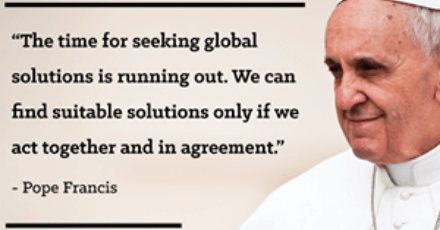
On September 23 Pope Francis addressed climate change in his White House speech, stating that he explicitly supports President Obama’s plan to cut carbon emissions, and chastising climate change deniers for failing to protect our “common home.”
Plastic Bags: A Dangerous Convenience
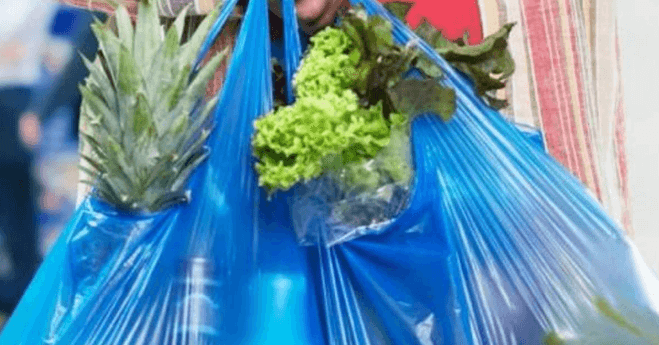
Plastic bags are convenient and free to use, but their harmful impacts are finally being acknowledged. The use of plastic bags had been standard in many grocery and retail stores since the 1970s, but receiving a plastic bag for your purchased items is becoming increasingly rare in many cities.
Fashion Forward to Innovation with Sustainable Clothing

The fashion industry relies on creating new brands, new collections, and new product ranges every season to continuously drive growth and sales. According to a Deloitte report, season cycles have now shortened in the fashion industry, making major brands introduce new clothing styles almost every other week instead of the more traditional pace of every two seasons. This phenomenon has been dubbed “fast fashion,” which refers to the rapid production, consumption, and disposal of clothes every season. Major fashion brands use this business model due to its well-organized method of sourcing and production to help meet consumer demand for new styles at the right price.
Fighting the Game-Changer with Mitigation
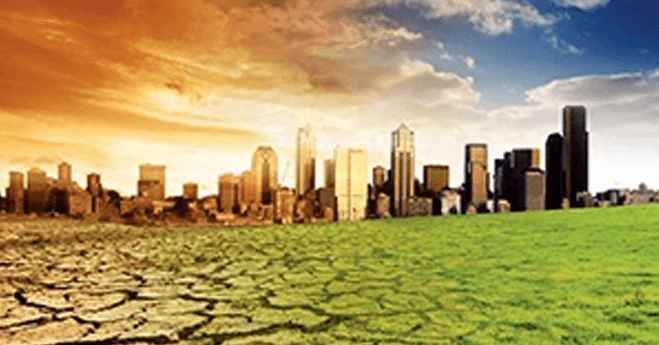
Today’s climate-driven economy has forced us to be wary of climate change’s ongoing threats to various businesses in the public and private sectors. Undeniable evidence of climate change impacts can be felt all over the world.
A Brief History of the Global Carbon Market

People all over the world are striving for a greener, more sustainable Earth. Regulators, governments and consumers are aware of the benefits of promoting sustainable practices. In doing so, a greater value is being placed not only on health and safety, but on the environment as well.
Biochar: Hitting a Flock of Birds with One Stone

Biochar is the product you get when greenwaste is turned into charcoal. In fancier terms, biochar is produced through the thermochemical conversion of biomass in the absence of oxygen, also known as pyrolysis. People have been making charcoal for ages, so what’s new? Today, there is a better understanding of how biochar can be a cost-effective method for sequestering greenhouse gases, fertilizing agricultural fields while reducing their nitrous oxide emissions, and assisting local and regional agencies in reducing wildfire risk and its associated air quality impacts. That’s hitting a lot of birds with one stone.
The Carbon Footprint of Technology

Given the current focus of the market on sustainability and environmental impact, it will be interesting to see how gadgets with even lesser environmental impacts will be produced by future innovations and technological advancements.
Value Chain Assessments and Engagement: UK Businesses’ Preparation for International Climate Change Impacts

With almost 200 years’ experience in handling continuous modernization and industrialization, businesses, governments, and citizens of the United Kingdom (UK) are now working to ensure that economic growth is sustainable and securely meets the needs of future generations.
Rising to the Challenge of Calculating Scope 3 Emissions

The world is heating up, and according to a UN climate change report, it is “likely” that human activity accounts for at least half of the global warming that has been observed since the 1950s. Industrial development catalyzes economic and social changes around the globe, creating environmental consequences. With smokestacks, large machinery, and extensive sourcing of supplies and transportation of products, global greenhouse gas (GHG) levels rise, trapping more heat in our atmosphere, causing global warming and climate change. Mankind is being exposed to the risks brought on by the effects of climate change, such as rising sea levels and global temperatures.
Judge Rules on the Adequacy of San Diego County’s Climate Action Plan
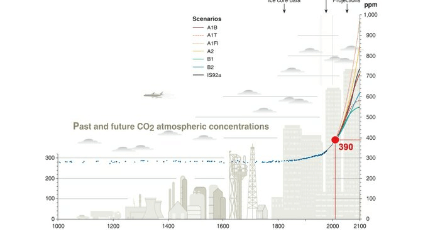
Climate Action Plans identify a set of strategies intended to guide local government or community efforts in reducing greenhouse gas emissions.
Carbon Emissions Cap and Trade in California is Here to Stay
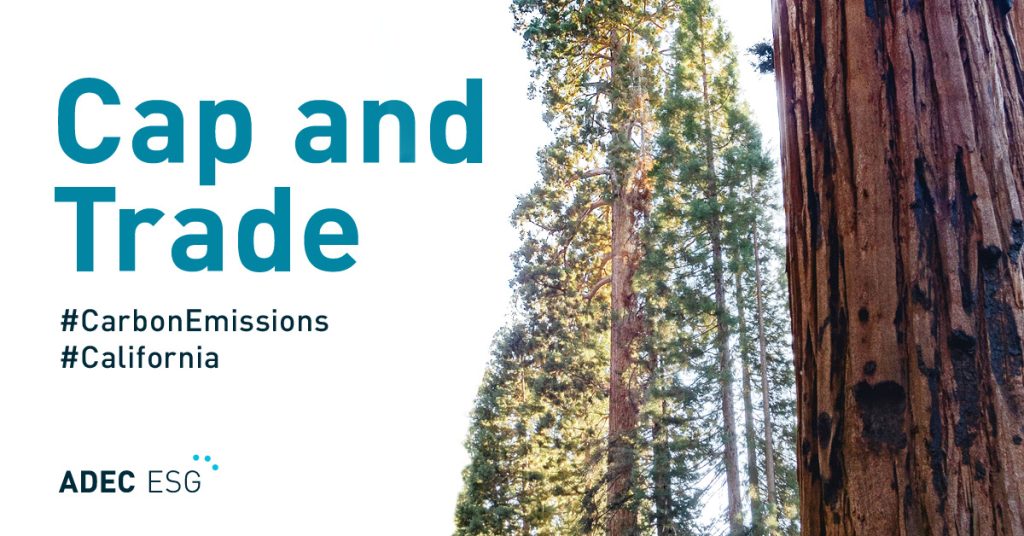
In October of last year I touched upon the inaugural cap and trade program California was implementing as a part of AB 32 requirements. Since its inception, on January 25, 2013, the San Francisco Superior Court, Judge Ernest Goldsmith presiding, denied a challenge to the California Air Resource Board’s (CARB) Cap and Trade Regulation. Citizens Climate Lobby and Our Children’s Earth Foundation v. CARB, Cal. Super.Ct., No CGC-12-5195544 (Jan. 25, 2013).